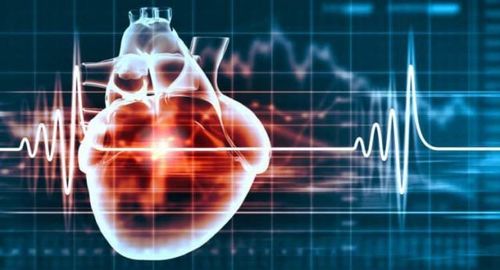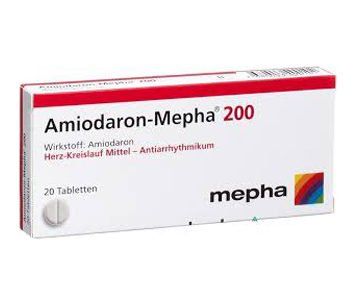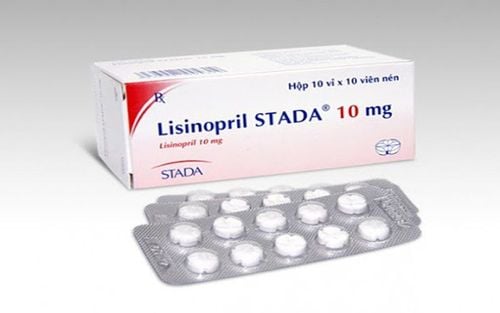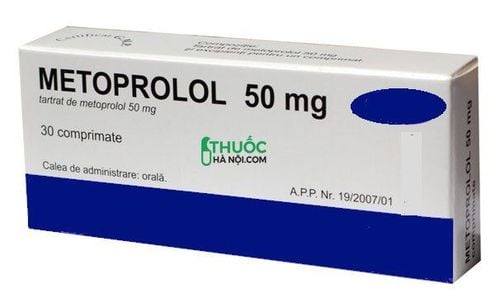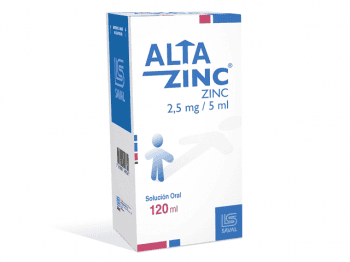This is an automatically translated article.
The article was professionally consulted by Specialist Doctor II Nguyen Quoc Viet - Department of Medical Examination & Internal Medicine - Vinmec Danang International General Hospital. The doctor has more than 20 years of experience in the examination and treatment of cardiovascular diseases and Cardiovascular Interventions (Including angiography, dilation, stenting of coronary arteries, renal arteries...), placing temporary pacemakers , forever...Cardiac arrhythmia is a common disease that can cause many different manifestations depending on the severity of the disease. For patients with severe arrhythmias there is a risk of unconsciousness, even death. The following article will help us learn about arrhythmias as well as a commonly used antiarrhythmic drug - Adenosine.
1. Signs of arrhythmia
Following are some signs of patients with arrhythmia, including:Palpitations, palpitations: this is the most common sign of arrhythmia. Heart rate may beat abnormally fast or slow in patients with arrhythmia Feeling short of breath : patients with arrhythmia often also have this sign, due to increased pressure in the lungs, the possibility of Gas exchange is reduced because the heart beat is too fast but ineffective, leading to stagnant blood. Weak body, fatigue: Oxygen-rich blood to other parts of the body is reduced, making you feel tired, lifeless. The cause of this condition is that when there is an arrhythmia, the heart cannot pump blood effectively and blood circulation decreases. Chest pain: this is one of the danger signs in patients with arrhythmia. heart. Patients with cardiovascular diseases such as coronary artery disease, myocardial infarction often appear this symptom.

2. Complications caused by arrhythmias
Patients with severe and prolonged arrhythmias can cause some dangerous complications, such as:Patients with heart failure: the heart will have to work harder than usual to supply enough blood to the muscles. when blood pumping efficiency is impaired. This condition causes the heart to weaken and lead to heart failure. Patients with a stroke: blood pumping efficiency is reduced when the heart beats too fast or too slow. The irregular heartbeat causes blood to pool in the chambers of the heart and blood clots to form. The circulating blood is also prone to forming blood clots when the heart beats irregularly. A blockage or rupture of a brain artery can occur because blood clots can travel through the blood stream to an artery in the brain, causing a stroke. Patients can suffer sequelae due to brain damage or even death if not treated promptly. Besides, patients with severe arrhythmias are at risk of sudden cardiac arrest, myocardial infarction....

3. Adenosine - antiarrhythmic drug
Adenosine - a medicine used to treat arrhythmias by slowing the electrical impulses in the heart, slowing the heart rate, or normalizing the heart rate.To achieve the best effect and ensure patient safety when using the drug, you need to follow the doctor's instructions, and read the instructions carefully before using.
Here are some basic information about Adenosine that you need to be aware of:
Dosage form and strength: Vials of 6 mg/2ml and 12 mg/4ml are for intravenous administration 30mg/ml vials are for intravenous infusion Intravenous Dosage: For adults
For patients with supraventricular tachycardia or for diagnosis: perform rapid injection straight into the vein or intravenous line for 1-2 seconds and then infuse physiological saline. Inject 6mg (3mg if injected into a central vein) as the starting dose. Administer 12mg and repeat if necessary when the initial dose is not effective. A maximum dose of 20mg can be used, however higher doses are not recommended. When patients use in combination with dipyridamol, the average effective dose is 1 mg Cardiac imaging: 140 mcg/kg/min infusion over 6 minutes. After infusion, radionuclides are injected.
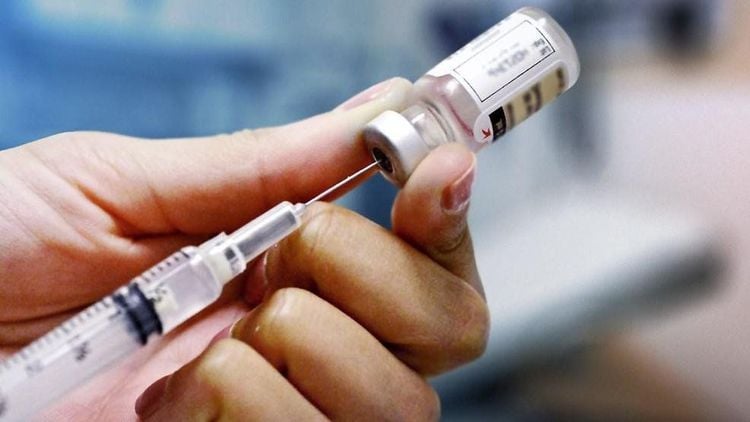
Indications: the drug is indicated in the following cases: Patients with paroxysmal tachycardia above, including patients with Wolff - Parkinson - White syndrome for rapid conversion to sinus rhythm. Support in the technique of muscle perfusion imaging Contraindications: the drug is contraindicated in the following cases. Prolonged sinus arrest or complete atrioventricular block Patients with sinus node insufficiency syndrome or second- or third-degree atrioventricular block who do not have a pacemaker implanted Side effects: some of the side effects you may experience with this medication include: Dizziness Headache Abdominal pain Red face Arm pain, leg pain, neck pain, back pain.

Allergy to the drug, manifestations such as hives, difficulty breathing, chest tightness, mouth swelling... Syncope Irregular heartbeat Co Convulsions Severe headache or dizziness Shortness of breath Shortness of vision Decreased speech Arrhythmia Sore throat Caution: Because conduction impulses can make the heart beat faster, during ablation of atrial fibrillation there is an accessory atrioventricular conduction pathway When taking Adenosine it is necessary to be monitored with electrocardiograms and have means of cardiopulmonary resuscitation, because of the potential for a transient increase in conduction disturbances or arrhythmias in patients with paroxysmal supraventricular tachycardia. to the fetus, however, should only be used when absolutely necessary in the case of pregnancy Drug Interactions: the drug's ability to work or the effects caused by side effects may be affected by drug interactions. Adenosine can interact with some drugs such as Dipyridamol: increases the effect of adenosine, the dose of adenosine must be reduced if it is necessary to combine Theophylline and other xanthines: these are substances that have a strong inhibitory effect on adenosine, so it must be increased. dose of adenosine if combination is required Nicotine: increased circulatory effect of adenosine Carbamazepine or dipyridamole: risk of increased side effects of adenosine when combined with Beta-blockers: when combined may increase the risk of cardiac arrhythmias Up Storage: the drug should be stored at a temperature of 15-25 degrees Celsius. Protect from light, do not freeze. Before use, it is necessary to check the condition of the drug.
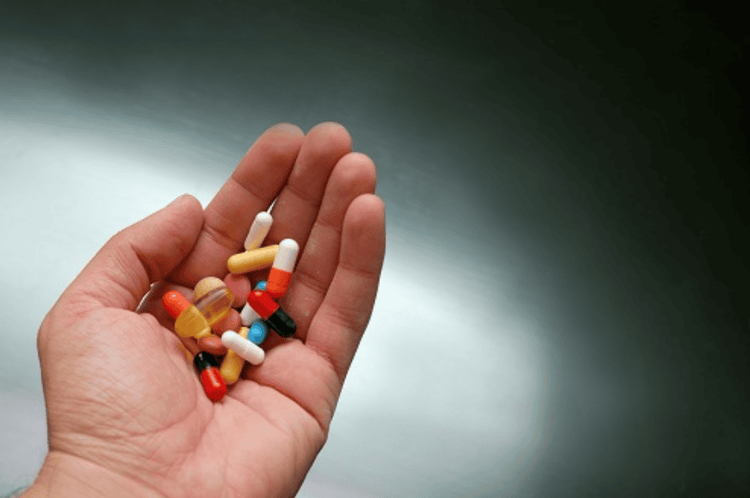
Please dial HOTLINE for more information or register for an appointment HERE. Download MyVinmec app to make appointments faster and to manage your bookings easily.





